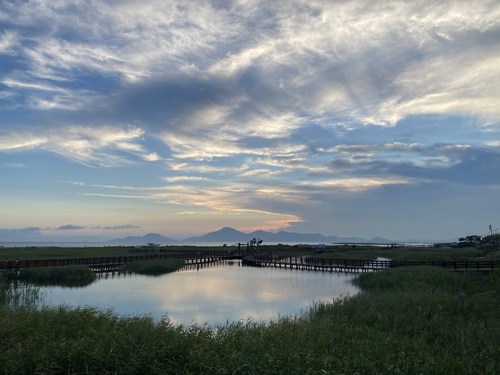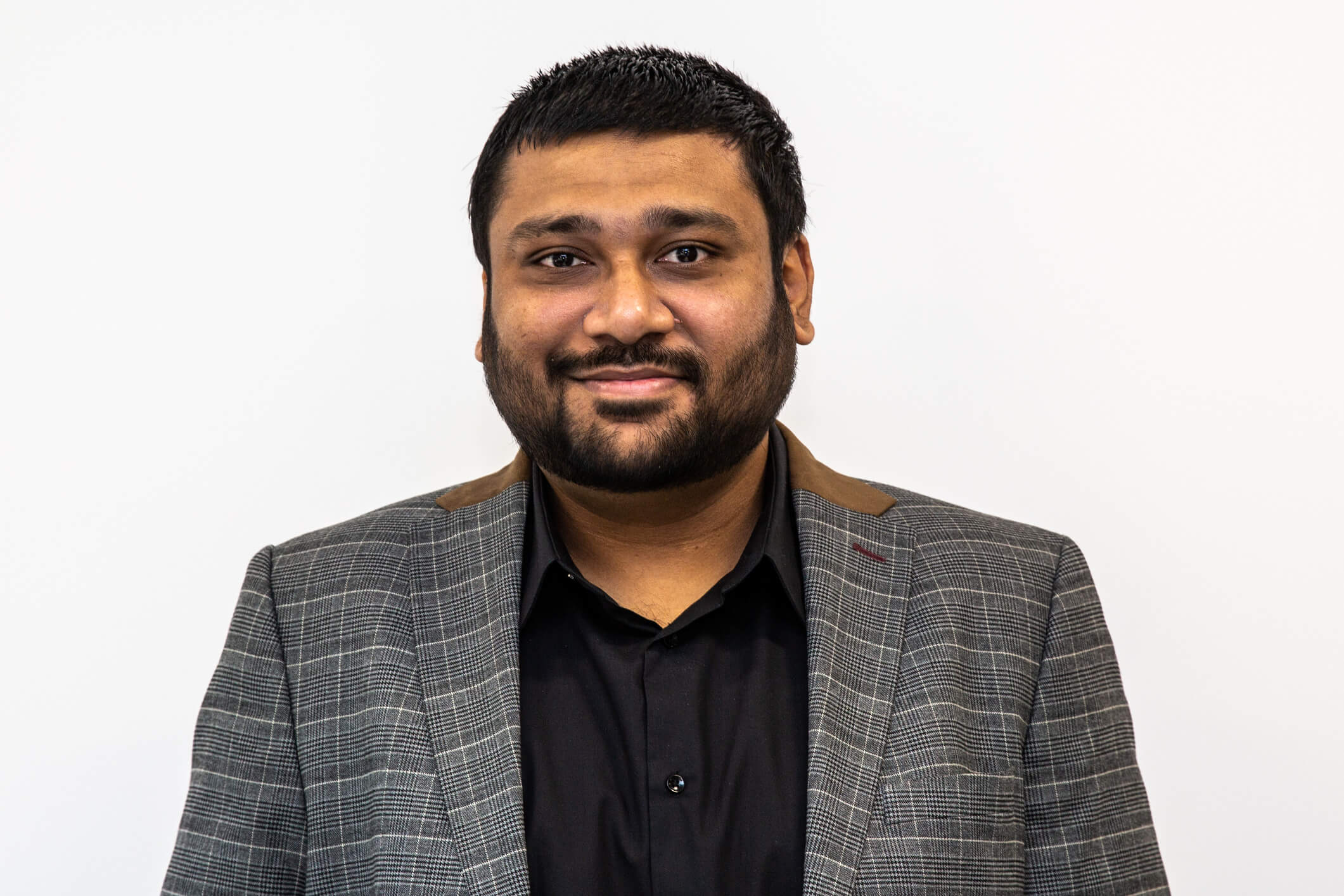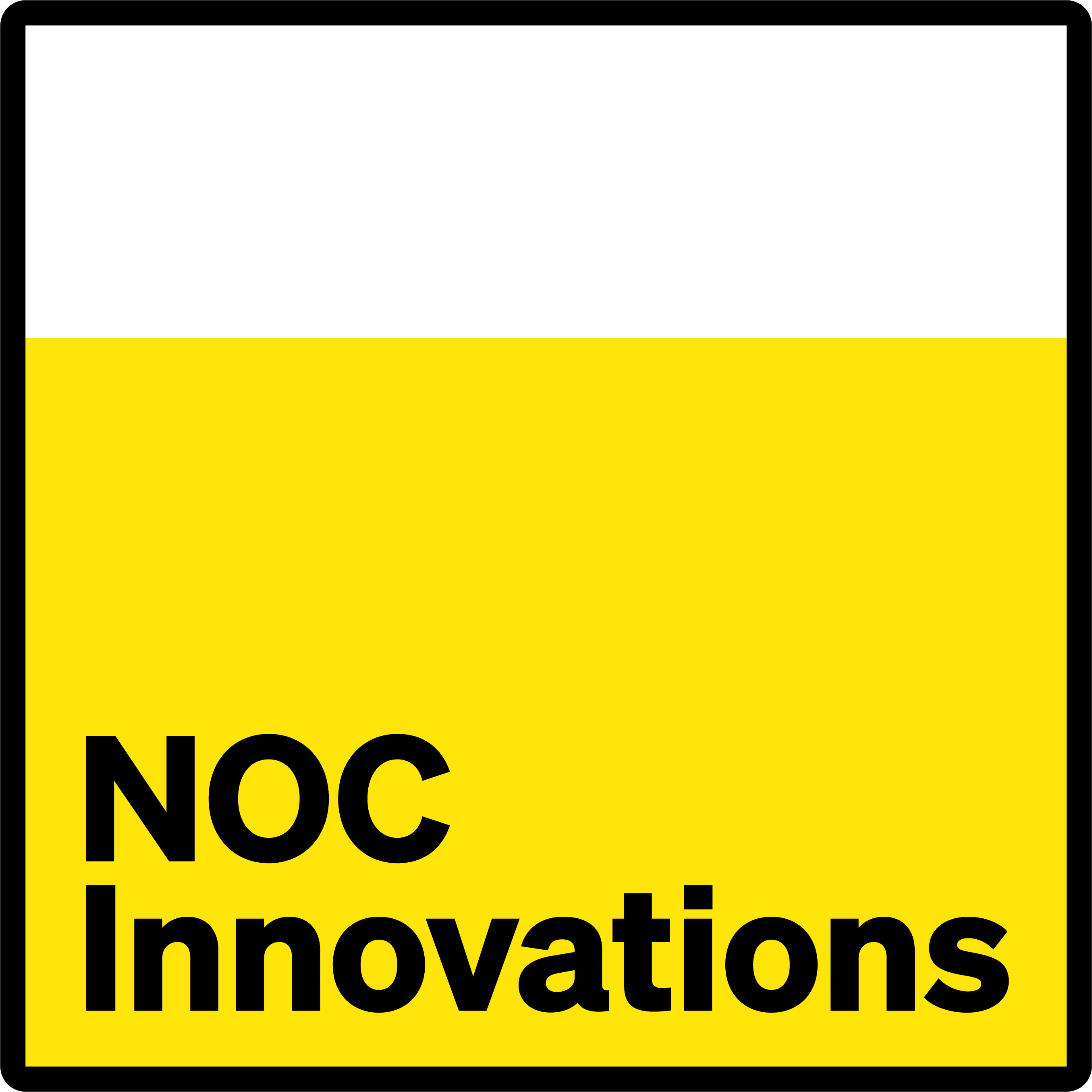Get to know our Transparent Ocean Research Fellow, Dr Junayed Hasan. Originally from Jhalakati, Bangladesh, Junayed has been part of the Transparent Ocean team at the NSC since March 2022. Prior to joining, Junayed earned his doctorate in Computer Engineering from the University of Ulsan in the Republic of Korea. During his PhD, he was awarded the prestigious Brain Korea fellowship from the National Research Foundation (NRF) of Korea, as well as multiple research awards for his outstanding scientific contributions.
What is your research all about?
My primary focus within the Transparent Ocean programme is digital condition monitoring for subsea infrastructure. In this role, I analyse real-time data from sensors on subsea equipment, utilising a combination of signal processing, computer vision and advanced artificial intelligence algorithms. The outcome is the ability to detect early warning signs of potential failures, prevent catastrophic events and optimise maintenance schedules, leading to cost reductions and minimised downtime. I strongly believe that by harnessing the power of AI and multimodal data fusion, we can develop innovative approaches to monitor subsea infrastructure conditions and create positive change.
What or who first sparked your interest in your research subject?
When the Tengratila gas field in Bangladesh exploded in 2005, it caused widespread panic and destruction. The incident had a profound impact on me as a high school student at the time, and I became acutely aware of the importance of environmental safety in the energy industry. The devastation caused by the gas explosion on the surrounding land and people inspired me to pursue a career in research. This experience piqued my interest in the field of condition monitoring and inspired me to improve the safety, efficiency and sustainability of energy infrastructures.
What impact is your research having outside of academia?
Through data-driven techniques, my research improves the safety, efficiency and sustainability of subsea infrastructures, preventing catastrophic events and reducing downtime. This directly benefits the oil, gas and offshore energy industry and fosters a sustainable-ocean-based economy by creating new job opportunities.
Are there any role models or mentors who have helped you along the way?
Identifying a specific role model within the vast array of successful individuals can be a challenging task. I have found inspiration in those who have demonstrated dedication and perseverance in their path to success. While many individuals have influenced my journey, my undergraduate supervisor in Bangladesh played an instrumental role in providing me with the guidance and support needed to pursue my aspirations. I deeply admire his commitment to nurturing my potential and the crucial role he played in facilitating my progress. His mentorship was pivotal in shaping my research career, and I am forever grateful for his guidance.
What advice do you have for somebody embarking on a research career?
To excel in a research career, choose a topic that aligns with your career goals and stay up-to-date with the latest publications and trends in your field. Build a strong network of peers and mentors, develop strong research skills and communicate your findings effectively to diverse audiences. Seek funding opportunities, embrace failure and stay curious, open-minded and persistent to make meaningful contributions and create a lasting impact.
What's your favourite thing about the NSC?
I appreciate the collaborative and supportive environment at the NSC, particularly the strong teamwork and productive brainstorming sessions with my colleagues. These factors have inspired and motivated me to approach my work with a positive and energetic mindset.
What do you enjoy doing outside of work?
I have a passion for creative writing, literature and travel.









